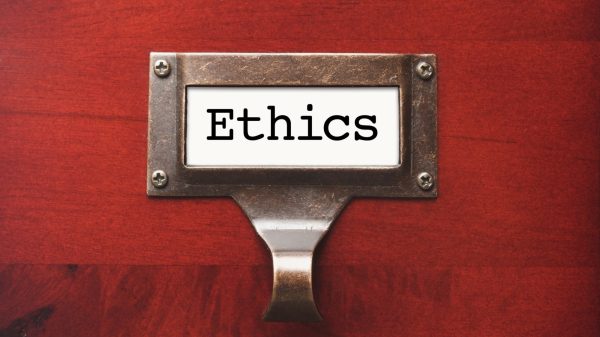By Lee Hedgepeth
Alabama Political Reporter
John Kirtley, one of former Governor Bob Riley’s business partners, may soon see a tripling of his over seven million dollars in annual profits coming in from his Florida Accountability Act-style SGO if newly proposed GOP legislation can make its way through the state’s legislature.
The proposal, which comes amid debate in Montgomery over whether to make changes to the Alabama Accountability Act’s SGO provisions, would open up Florida’s sales taxes as a possible revenue source for the private scholarship-granting entities’ coffers.
According to reporting done by the Palm Beach Post, under the new scheme,the number of students attending private schools through the program would rival that of the number of pupils attending the largest public school district in the state.
“Step Up for Students, which administers the Florida Tax Credit Scholarship Program created under former Gov. Jeb Bush,” the Palm Beach Post wrote, “could more than triple the amount of money it collects under voucher legislation that Republican leaders are terming a priority this session.”
Changes to the Alabama Accountability Act, our own private school legislation, may pass as soon as this session, with a bill making revisions having already passed the House of Representatives during an all night session last week.
Details on that legislative burning of the midnight oil can be seen here.
The bill, HB558, sponsored by Representative Chad Fincher, would make several significant changes to the law.
The tax credit cap for donating to so-called SGOs, which is currently set at $7,500 per individual taxpayer, would be removed under the bill’s revisions to the AAA, but it would not effect the total cap of twenty five million dollars set aside for use in matching creditable donations to so-called Scholarship Granting Organizations, whose purported aim is providing scholarships to students to attend non-“failing” institutions. The Alabama Department of Education determines the list of “failing” schools annually.
Susan Kennedy of the Alabama Education Association pointed out in a public hearing on HB558 earlier this session that to have a tax burden that would allow for a deduction more than $7,500, a household would have to earn an income of more than $350,000. Supporters of the legislation did not necessarily disagree with this, with many of them saying that the bill would allow the “super wealthy” to utilize SGOs. Besides Susan Kennedy, few speakers at that hearing addressed the actual effect that the cap’s removal would have on them, with most speaking solely about the Accountability Act in general or about changes in deadlines dates also provided for by the bill, a fact that Montgomery Advertiser reporter Brian Lyman pointed out on Twitter, saying “With exception of Kennedy, speakers have spoken less about the bill and more about the pluses or minuses of the AAA.”
That comment by Lyman started a back-and-forth with Speaker of the House Mike Hubbard’s spokesperson Rachel Adams, which can be read about here. The Alabama Accountability Act was passed after serious contention in the Alabama legislature last session, with Democrats – and a few Republicans – saying that too much of the legislation was drafted behind closed doors and that it was a huge change from the original bill, which – ironically – was introduced by Chad Fincher, as the School Flexibility Act. The twenty five million dollar overall cap for tax credits under the AAA has practically already been reached for this year, despite there are only being eight Scholarship Granting Organizations registered with the state.
In addition to removing the individual cap on tax credits, Fincher’s proposed legislation, HB558, would expand the definition of the eligible “individual taxpayer” to include S-corporations and LLCs, in effect allowing these entities an unlimited shot at the $25 million in tax credits in a manner reminiscent of Citizens United.
Many see Representative Fincher’s bill as a move to incrementally push Alabama towards more drastic changes like eliminating or increasing the overall cap for donations that can be tax credited.
A representative for the Riley-Kirtley SGO also testified at the public hearing, saying that the committee should “consider whatever it takes, whatever that means” to ensure the financial stability of scholarship granting organizations throughout the Yellowhammer State.
Notably, John Kirtley and his Florida SGO operate under a system where only 3 percent of total SGO donations can be pocketed, as opposed to Alabama, with a cap of 5 percent.
If the legislation in Florida passes through the legislature, Kirtley’s SGO could stand to gain over $21 million in profits under its implementation – an amount almost matching Alabama’s total AAA set-aside budget.





















































